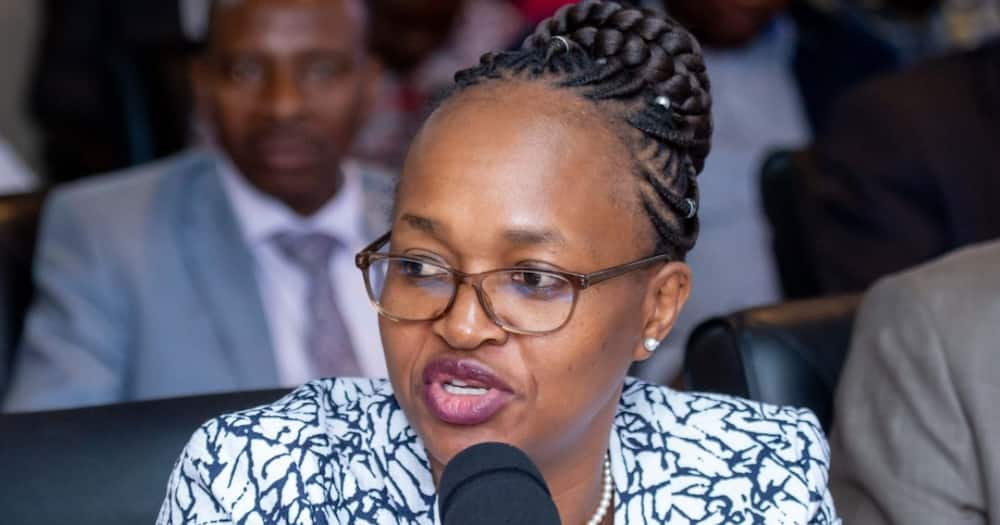The Judiciary in Murang’a County is targeting to hear and determine over 800 succession cases, during their national service week, both at the local High Court and Chief Magistrates court.
The Judiciary, under the directive of Chief Justice Martha Koome is conducting a national service week for succession (probate & administration) matters between August 1 and 5 of this year in the two courts, with the intention of expediting matters of succession.
The Murang’a Court Administrator, James Soi said the court has, as per the guidelines of the Chief Justice, screened, listed and notified parties for hearing of the succession matters to ensure the parties access justice in a timely manner.
“We are keen to settle the over 800 cases involving succession listed during the service week,” said Soi, adding that the judiciary is committed to ensuring that the cases are disposed to enhance justice, as per the Chief Justice’s vision of Social Transformation through Access to Justice.
“The court will seek faster dispensation of cases involving succession matters thereby enabling the people to access justice efficiently,” he said
The administrator observed that over the years, the area has witnessed an increased number of succession cases, which have failed to be concluded and families have been disenfranchised, thus the service week would ensure justice is served expeditiously.
“The cases have made scores of families face socio-economic challenges occasioned by the delayed determination of the succession matters,” he said.
Soi noted that during the service week, three key issues concerning succession matters would be determined including uncontested matters, contested matters and reactivation/closures of matters.
Uncontested succession matters are where the families or beneficiaries have agreed on the mode of distribution of the estates of the deceased person and they are ready for the court to adopt it.
He further stated that contested matters with no dates have been placed before the Head of Station and the Deputy Registrar for the High Court, who upon screening for suitability will refer them to Court Annexed Mediation for resolution as per the mediation guidelines provided.
“Those matters found not suitable for mediation shall be mentioned and direction given,” he said.
“Justice for beneficiaries of the estates ought to be expedited through use of alternative resolution mechanisms that will ensure they get justice,” he added.
Soi further outlined that matters where parties have not filed application for confirmation of grant will be given directions on date fixing or closure, where parties have been notified.
“The judiciary is trying to solve these cases to assist the people, who have had their matters delayed in their succession cases,” said Soi, adding that this will cut down on time and resources spent by the court and by families attending the court sessions.
During this service week, the administrator urged local residents who have filed their succession matters at the Murang’a Law courts to visit the Kenya Law Report website to check whether their estates had been listed among those that are to be heard and determined during the service week.
“A list of files in the three categories are available on the Kenya Law Reports website and in the alternative, the concerned parties can also visit the court for further guidance and if their estate are not enlisted, they will be given the requisite directions,” noted Soi.
“If ‘Wanjiku’ is not able to access internet, we have a help desk at the court to address queries on succession matters,” he said
Soi notes that many administrators of estates upon being issued with limited grants fail to come back to court to have their succession matters confirmed.
He therefore advised members of the public that once they are issued with grants, they are required to come back to court after six months, so that their estates can be confirmed and be issued with certificates of grants.
“We encourage parties who have been issued with grants to have them confirmed, while failure by beneficiaries to come back to have their succession matters confirmed, within stipulated time frames may prompt the courts to have the inoperative grants revoked,” added the administrator.

